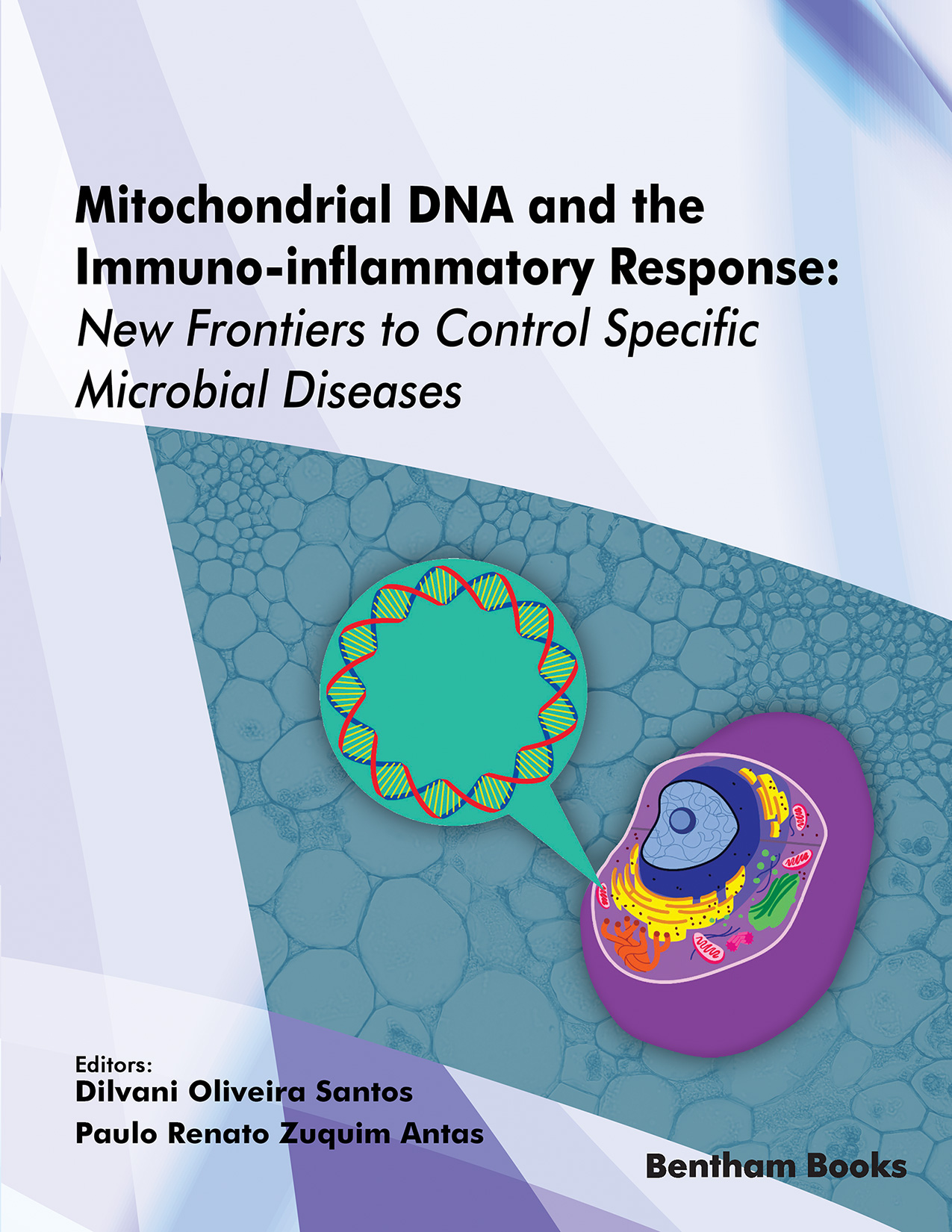Introduction
Mitochondria are multifunctional organelles that actively participate in the immune-inflammatory response in various pathologies. This volume updates readers on knowledge about mitochondria function. The editors have compiled six chapters about inflammation in its broadest sense, with contributions from active groups of cell biologists, infectologists and pathologists.
The chapters in this volume focus on research related to five notable diseases:
(1) two diseases (one bacterial and one viral) in which the exacerbation of the inflammatory response can lead to neuropathies: leprosy (one of the oldest diseases in the world) and Zika fever (a disease relatively new in Brazil)
(2) three diseases (two bacterial and one viral) in which the exacerbation of the inflammatory response can lead to irreversible lung damage that can cause rapid death: tuberculosis, pneumonia and the most recent global disease, COVID- 19.
New information about mitochondrial biology is presented, such as the effect of aerobic physical exercise as a stimulator for mitochondria multiplication, and the role of mitochondrial damage in inducing immune-inflammatory responses to pathogens. The contents shed light on mitochondrial biochemical pathways that could serve as potential therapeutic targets.
This is an important reference for scholars (cell biologists, microbiologists) in universities, hospitals and scientific research centers working on biological and biomedical problems, and for health professionals involved in infection control.
Audience:
Scholars (cell biologists, microbiologists) in universities, hospitals and scientific research centers working on biological and biomedical problems; health professionals involved in infection control.

